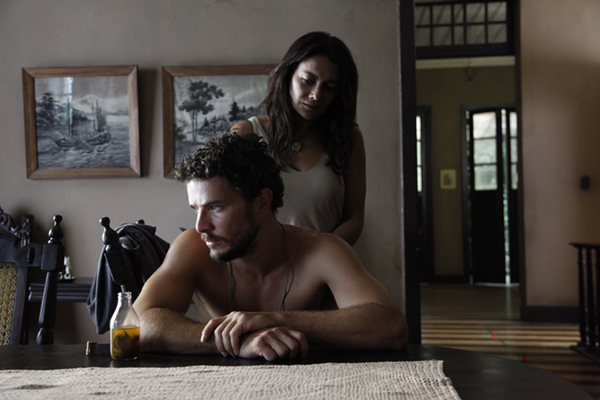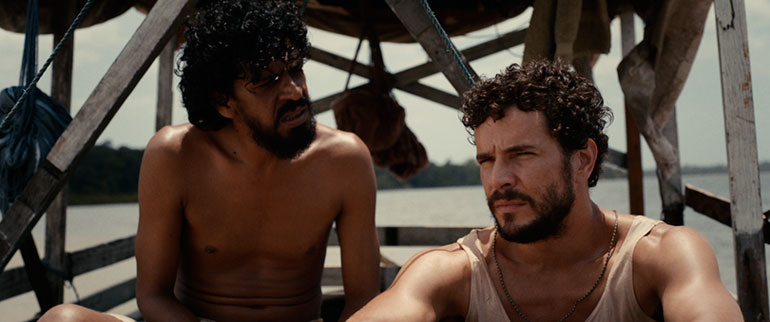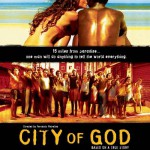By David Pountain
Directed by Guilherme Coelho
Chicago International Film Festival review
When inactivity, uncertainty and a lack of communication are all part of your film’s point, you rule out winning over your audience with narrative thrills, making fleshed out ideas and absorbing questions perhaps your best bet for keeping people emotionally engaged. The extent to which the understated The Orphans of Eldorado succeeds in this department will likely fluctuate wildly from viewer to viewer. Some will take Guilherme Coelho’s narrative feature debut as a flat and opaque work that doesn’t leave its audience with enough to ponder to justify its meditative pacing, whereas others will find it to be a deep well of intrigue enriched with teasing mystery and resonant anguish. Either way, there is much to admire in the craft and conviction of the Brazilian director’s work, even when the film can be a challenge to sit through.
The patient sensibilities of The Orphans of Eldorado are made clear from its excellent first scene, possibly an early high-water mark for the film. The long pan across a shoreline landscape lets you absorb the stillness, seclusion and breadth of this environment, while a human population comes increasingly to the foreground. Employing carefully overlapped layers of people, this opening scene doesn’t so much pull the viewer into the film’s atmosphere as it wraps them up in it. This spellbinding introductory minute is quickly revealed to be a memory from the childhood of our lead Arminto, who we then see returning after many years to the town on the banks of the Amazon where he was raised. Almost immediately after his arrival, his father passes away, leaving only Arminto and the Florita, the maid who helped raise him, to occupy the gloomy house of Arminto’s youth.

Arminto’s tense relationship with his father is an overarching shadow on our lead’s psyche. This strain is intensified by Florita’s history of sexual relations with both father and son, leaving her stuck in the middle of an Oedipal conflict characterised by the multiplicity of personal connections. The present is crippled under the weight of the past as Florita and Arminto’s post-funeral relationship evolves erratically. Their regular intercourse comes across as an attempt to momentarily distract from unspoken thoughts and pent-up emotions (their first scene together is almost violent in its physicality) but sex generally proves ineffective even as brief escapism.
The Orphans of Eldorado is less about story than about experiences and carefully composed images. Coelho shows technical prowess and aesthetic consideration through his sombre, emotionally exhausted colour palette. He captures the eeriness and melancholy of revisiting a place left long ago and his camerawork in the flashbacks seem proficiently attuned to the limitations of memory. The film only truly starts to sag around its midpoint when its sparingly few revelations and suggestions prove insufficient in stopping the drama from feeling repetitive, especially given the substantial use of just one location and two characters.
Things do, however, pick up a little in the final third via a tightening of the narrative and some changes in location that help to bring out the relation between mood and place. The film even successfully uses this change of pace to introduce some political overtones that commendably expand upon the film’s central despair. So while many will no doubt regard The Orphans of Eldorado as a tough, ponderous work, the film offers enough promise in its artistry to mark Guilherme Coelho as a director worth keeping an eye on and whose first fiction will surely connect with a certain strain of film fans mentally plugged in to his serious, introspective style.
Recommended Viewing on FilmDoo:
(UK & Ireland only)








